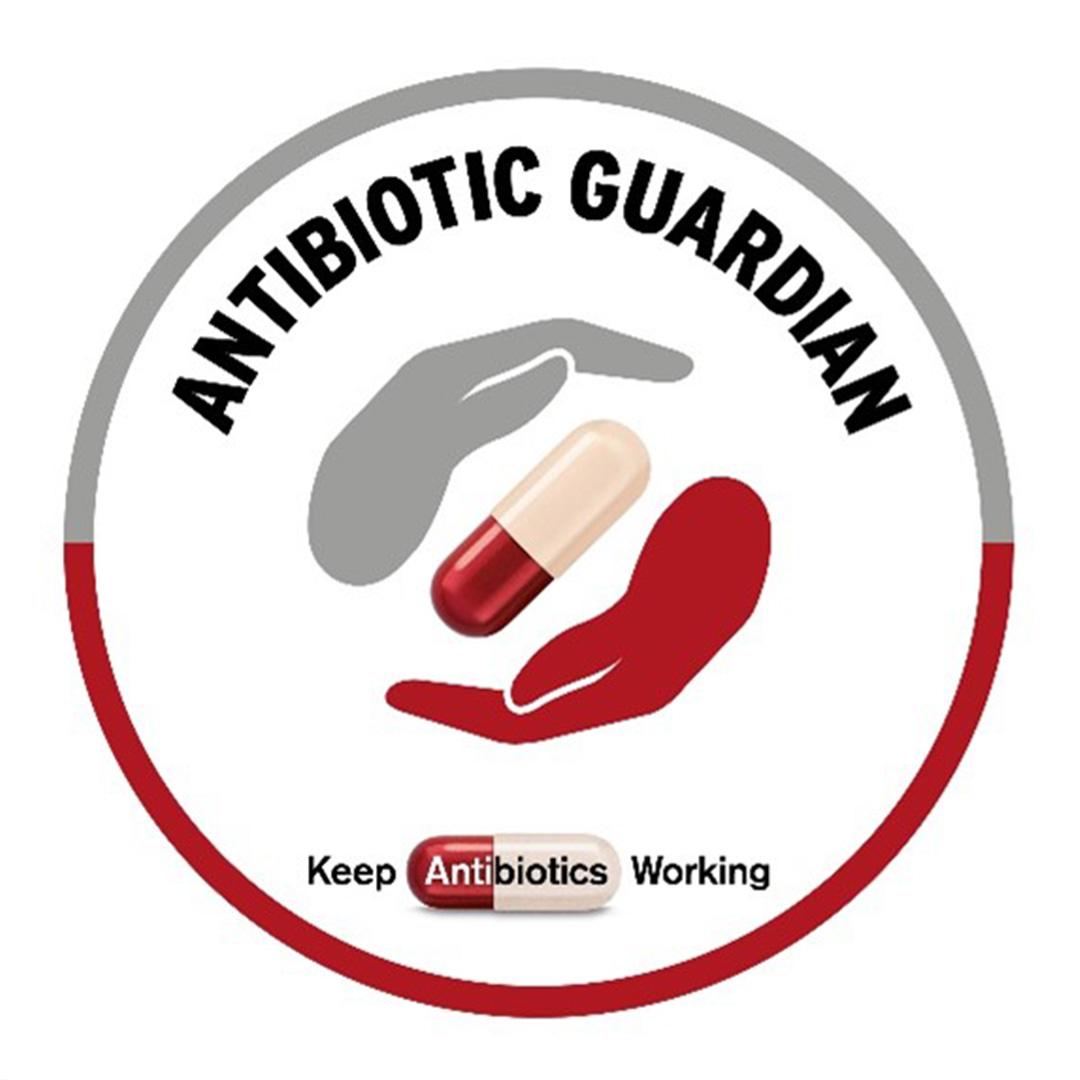
Learn how you can keep antibiotics working by knowing how to stop the spread of antimicrobial resistance (AMR).
This week (18th-24th November) is World Antimicrobial Awareness Week (WAAW) and Southend is supporting the event by showcasing a number of resources to help raise awareness of antimicrobial resistance.
Did you know that Southend prescribes more antibiotics (per head of the population) than any other place in the East of England?
Antibiotics help fight severe infections, but they do not help treat common colds, coughs and COVID-19 and in fact often leave you with other side effects such as nausea, vomiting and diarrhoea. So, taking them when they are not required puts you at risk of unnecessary further illness. Using antibiotics can also cause bugs to develop resistance to medicines making them less effective. This means that routine medical procedures, minor injuries and common illnesses can become life-threatening. It is important therefore that we all learn how to keep antibiotics working.
Here are some easy ways that everyone can get involved in keeping antibiotics working.
1. Prevent infections from happening in the first place
Good infection prevention not only protects you but also stops bacteria from spreading to others, helping to keep our whole community healthier. You can help by:
- Regular handwashing
- Covering your mouth and nose with a tissue or elbow (not their hands) when they cough or sneeze.
- Maintaining clean surfaces
- Keeping shared spaces well-ventilated
- Staying at home when you are feeling ill
- Being up-to-date with vaccinations
2. Work with your healthcare professional
Healthcare professionals play a crucial role in deciding whether antibiotics are necessary for your condition. Here is what you can do to help:
- Try not to expect antibiotics for every illness,
- Discuss your treatment options and ask questions: If the healthcare professional advises against antibiotics, ask why. Understanding the reasoning will help you feel more confident in their decision.
- Describe your symptoms fully: This helps to assess whether a bacterial infection is likely, and when antibiotics should be started to treat the bacterial infection.
- If prescribed, take antibiotics as directed, including how many times a day and for the number of days prescribed. Do not share antibiotics with others
3. Consider the environment
The incorrect disposal of antibiotics can be harmful to the environment. If they get into the ecosystem this can pollute the environment and also increase the spread of AMR. Here is what you can do to help if you have leftover antibiotics
-
Take antibiotics to a pharmacy for safe disposal
- Never flush antibiotics down the toilet or tip them down the sink
- Never throw antibiotics in the bin
4. Spread the word about AMR
Have a conversation with a colleague, family member or friend over coffee around antibiotics during WAAW. Chats could include discussions around:
- what you think your personal responsibility to keep antibiotics working is
- why you might be thankful for antibiotics
- the role of the health provider and patient in shared decision-making involving antibiotic prescribing
- the role of preventing infections
- self-care for self-limiting infections
5. Become and Antibiotic Guardian
Join over 200,000 individuals who have personally pledged an action to help to tackle AMR by choosing a pledge at the Antibiotic Guardian website.
6. Learn more about AMR by reading on: what is Antimicrobial Resistance?
Antimicrobials – including antibiotics, antivirals, antifungals, and antiparasitics – are medicines used to prevent and treat infectious diseases in humans, animals and plants. Since their discovery a century ago, antimicrobial medicines – including antibiotics, antifungals, antivirals, and antiparasitics – have significantly extended average life expectancy. Every day, these essential medicines save millions of lives.
Antimicrobial Resistance (AMR) occurs when bacteria, viruses, fungi and parasites (microbes) no longer respond to antimicrobial medicines. As a result of drug resistance, antibiotics and other antimicrobial medicines become ineffective and infections become difficult or impossible to treat, increasing the risk of disease spread, severe illness, disability and death.
To see some key facts about antimicrobial awareness and to read some blog posts from top NHS professionals on the subject, please see Antibiotic resistance awareness

